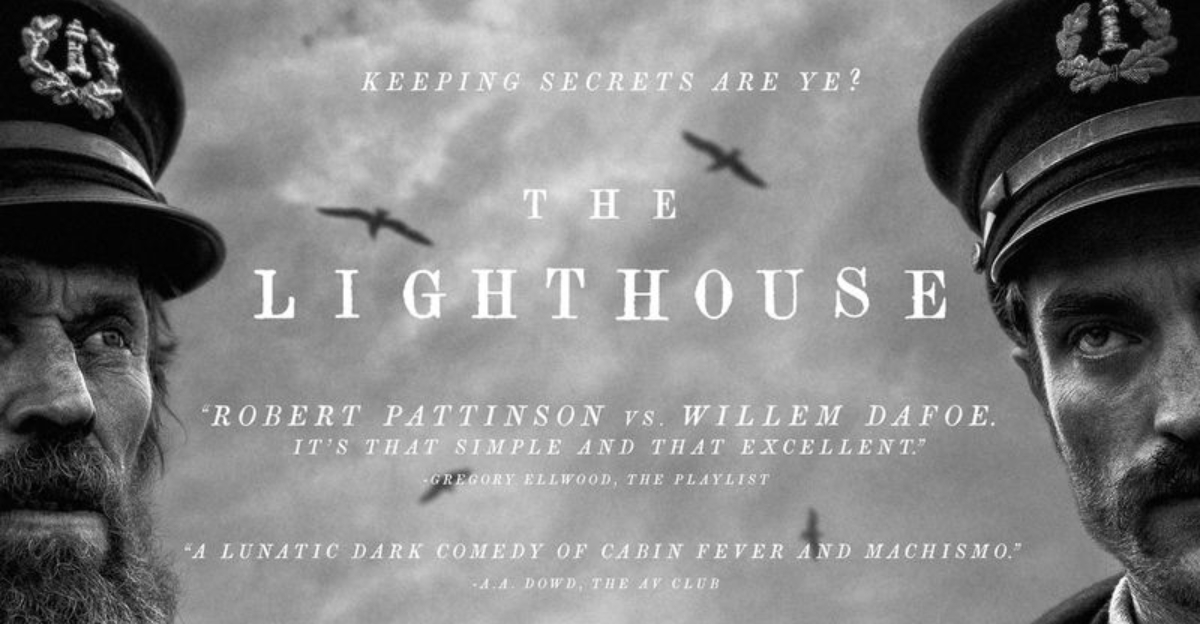We all have that friend who raves about a movie that left us scratching our heads in confusion. Some films get so much hype that people feel pressured to say they loved them, even when they secretly found them boring or confusing. This article explores movies that earned massive praise but might not deserve all the glory they received.
1. The Tree of Life
Terrence Malick’s 2011 film features dinosaurs, whispered philosophy, and Brad Pitt looking concerned in 1950s suburbia. Critics called it a masterpiece, but many viewers left theaters wondering what they just watched.
The movie jumps between the creation of the universe and a family drama without much explanation. Sure, the visuals are stunning, but that doesn’t always make a story easy to follow or enjoy.
People often claim they “got it” to seem sophisticated, yet secretly admit they checked their phones during the dinosaur scenes. Sometimes beautiful cinematography can’t save a confusing plot.
2. 2001: A Space Odyssey
Stanley Kubrick’s 1968 space epic moves slower than a snail crossing a highway. Yes, it revolutionized special effects and influenced countless filmmakers, but sitting through its lengthy silent sequences tests even the most patient viewer’s endurance.
The final twenty minutes feature psychedelic colors and a mysterious space baby that leaves audiences baffled. Film students write essays about its deeper meaning, while regular moviegoers just want something to actually happen.
Admitting you found it boring feels like confessing you don’t appreciate art. However, groundbreaking doesn’t always equal entertaining for everyone.
3. Citizen Kane
Film professors worship this 1941 drama as the greatest movie ever made, teaching entire courses on its innovative camera angles. Orson Welles was only 25 when he directed this tale about a newspaper tycoon’s mysterious final word.
The problem? Modern audiences find it slow and predictable, especially since countless films have copied its techniques. What seemed revolutionary in 1941 feels ordinary now.
Everyone nods along when critics praise it, scared to admit they’d rather watch something made this century. Respecting film history doesn’t mean you have to pretend it’s more entertaining than it actually is.
4. The English Patient
This 1996 romantic war drama won nine Academy Awards, yet many viewers remember it as that really long, sad movie about people in the desert. Ralph Fiennes plays a horribly burned man recalling his love affair during World War II.
The story jumps back and forth in time, making it hard to keep track of who’s who and why we should care. At nearly three hours long, it tests your bladder capacity and attention span equally.
“Seinfeld” even made fun of how boring it was in a famous episode. Sometimes the Academy gets it wrong, and that’s perfectly okay to admit.
5. Birdman
Michael Keaton plays a washed-up actor trying to mount a Broadway show while hearing voices from his superhero past. The 2014 film was shot to look like one continuous take, which impressed filmmakers everywhere but confused regular audiences.
Critics loved its commentary on art versus commerce and celebrity culture. Regular folks found it pretentious and exhausting, watching characters argue in tight backstage corridors for two hours.
Saying you enjoyed it became a status symbol among movie snobs. The technical achievement was real, but entertainment value? That’s up for serious debate among honest viewers.
6. Mulholland Drive
David Lynch created this 2001 mind-bender that starts as a Hollywood mystery and ends as… well, nobody really knows. Naomi Watts delivers a brilliant performance in a story that deliberately refuses to make logical sense.
Film theorists have written thousands of pages trying to explain what it all means. Meanwhile, average viewers finish it feeling frustrated and tricked, wondering if they missed something obvious.
Pretending to understand Lynch’s vision has become an intellectual flex. But here’s a secret: even people who claim they “get it” are probably just making educated guesses about the bizarre ending.
7. The Revenant
Leonardo DiCaprio finally won his Oscar for this 2015 survival tale, mostly by grunting and crawling through snow for two and a half hours. Yes, he ate raw bison liver and slept in animal carcasses for authenticity.
The cinematography is absolutely breathtaking, capturing nature’s brutal beauty. However, the thin plot gets stretched way too long, making viewers feel as exhausted as DiCaprio’s character looks.
People praised it endlessly because criticizing it felt like dismissing Leo’s suffering. Sometimes dedication to craft doesn’t automatically create a compelling story worth sitting through repeatedly.
8. Boyhood
Richard Linklater filmed this coming-of-age story over twelve actual years, watching actor Ellar Coltrane grow from age six to eighteen. The filming technique was genuinely innovative and required incredible commitment from everyone involved.
But here’s the catch: the boy’s life isn’t particularly interesting. Watching someone grow up in real-time sounds cooler than it actually plays out on screen.
Critics called it a masterpiece because of how it was made, not necessarily what it showed. The gimmick overshadowed the story, leaving many viewers wondering why they spent three hours watching someone else’s ordinary childhood unfold slowly.
9. There Will Be Blood
Daniel Day-Lewis drinks everyone’s milkshake in this 2007 epic about oil, greed, and hatred. His performance as ruthless oilman Daniel Plainview is undeniably powerful, earning him a well-deserved Oscar.
The movie itself, however, drags on for 158 minutes of brooding, bowling pin violence, and capitalism commentary. Long silent stretches and an unsettling soundtrack make it feel even longer than it actually is.
People quote the milkshake line without admitting they found most scenes painfully slow. Great acting doesn’t always equal an enjoyable viewing experience for those seeking actual entertainment.









